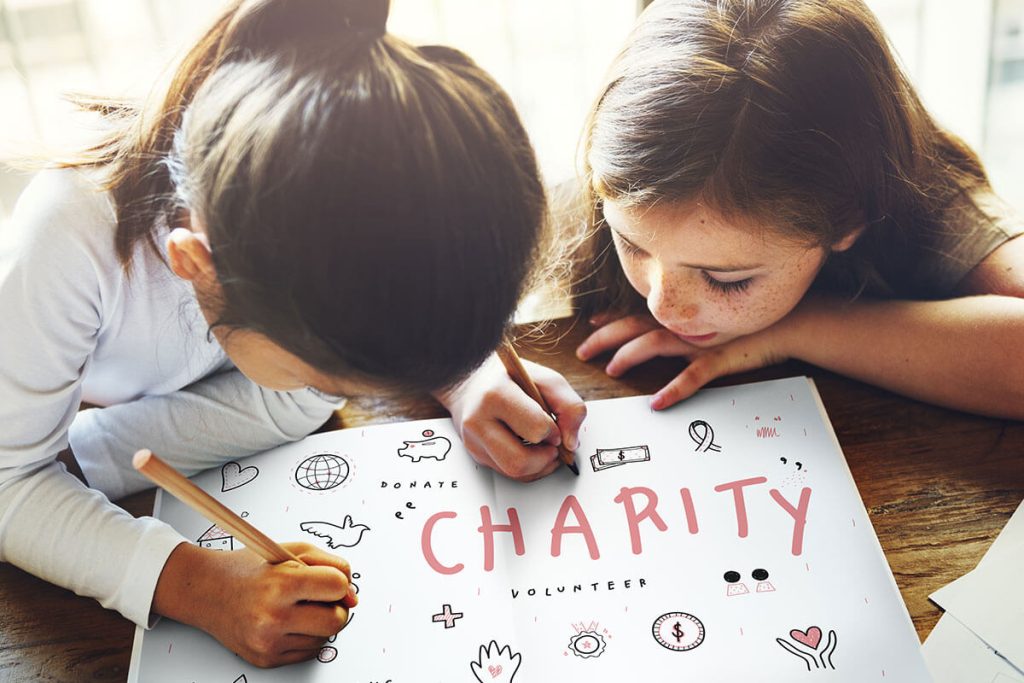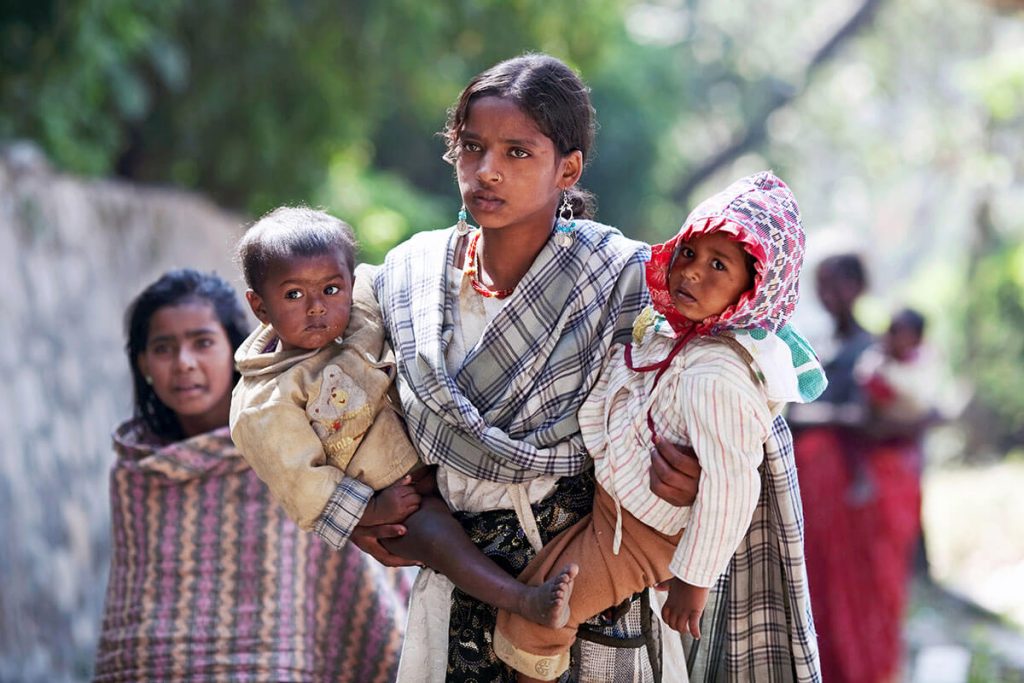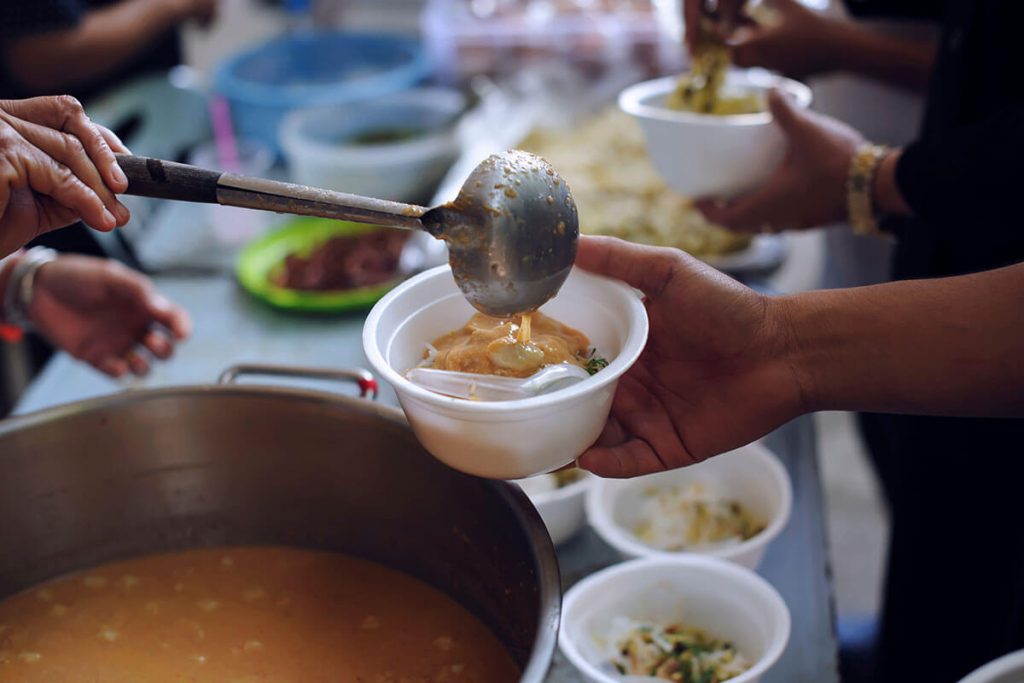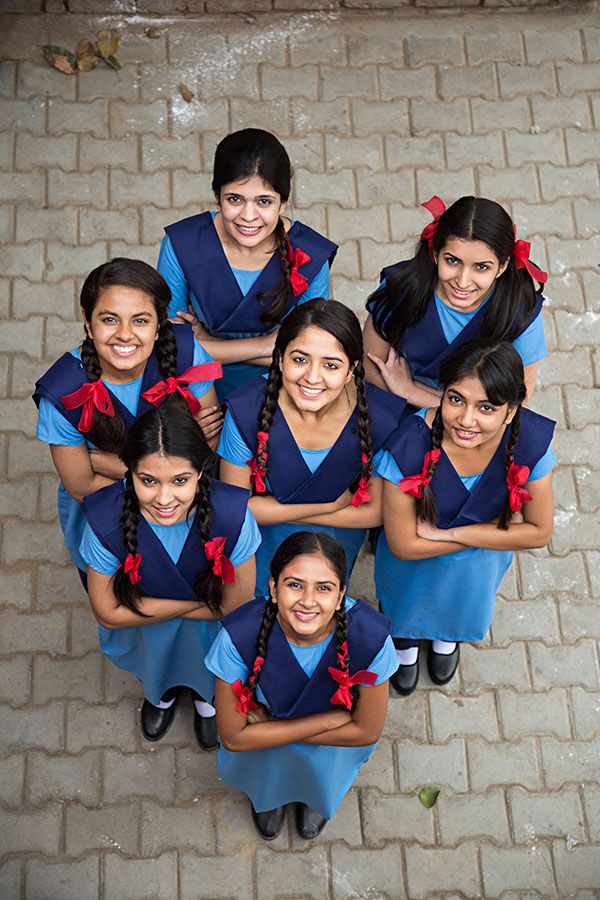Menstrual hygiene is a critical issue in India, as many women and girls lack access to adequate menstrual products, sanitary facilities, and education about menstruation. The taboo surrounding menstruation in Indian society has resulted in a lack of awareness and information, leading to widespread misconceptions and stigmatization.
One of the main challenges in menstrual hygiene management in India is the lack of access to affordable and hygienic menstrual products. Many women and girls resort to using unhygienic materials like old cloth or rags during their periods, which can lead to infections and other health problems. Additionally, the lack of proper sanitation facilities in schools and public places makes it difficult for women and girls to manage their periods hygienically.
To address these issues, the Indian government has launched various initiatives in recent years, such as the Swachh Bharat Abhiyaan (Clean India Mission) and the Beti Bachao, Beti Padhao (Save the Girl Child, Educate the Girl Child) campaign. The government has also made efforts to distribute free or subsidized menstrual products to women and girls in rural and underprivileged areas.
Non-profit organizations and social enterprises have also played a crucial role in raising awareness about menstrual hygiene and providing access to menstrual products and education. For example, the Padman Challenge, inspired by the life of social entrepreneur Arunachalam Muruganantham, has gained widespread attention for its efforts to promote menstrual hygiene and the use of low-cost sanitary pads.
Inspired by such NGO programmes our Project Tittle was also launched and we are seeking the support of the school administration to allow us to conduct sessions and install vending machines in school premises.
One we install vending machines free of cost and project tittle will conduct menstrual hygiene awareness sessions in the schools to educate teenage school girls about the importance of menstrual hygiene.During the course of first year we will develop team leaders from these school girls and make teams on the the basis of lacality the reside .
While progress has been made, there is still a long way to go to ensure that all women and girls in India have access to adequate menstrual hygiene management facilities and information. It is crucial to continue efforts to break down the stigma surrounding menstruation and provide education and resources to empower women and girls to manage their periods safely and with dignity









